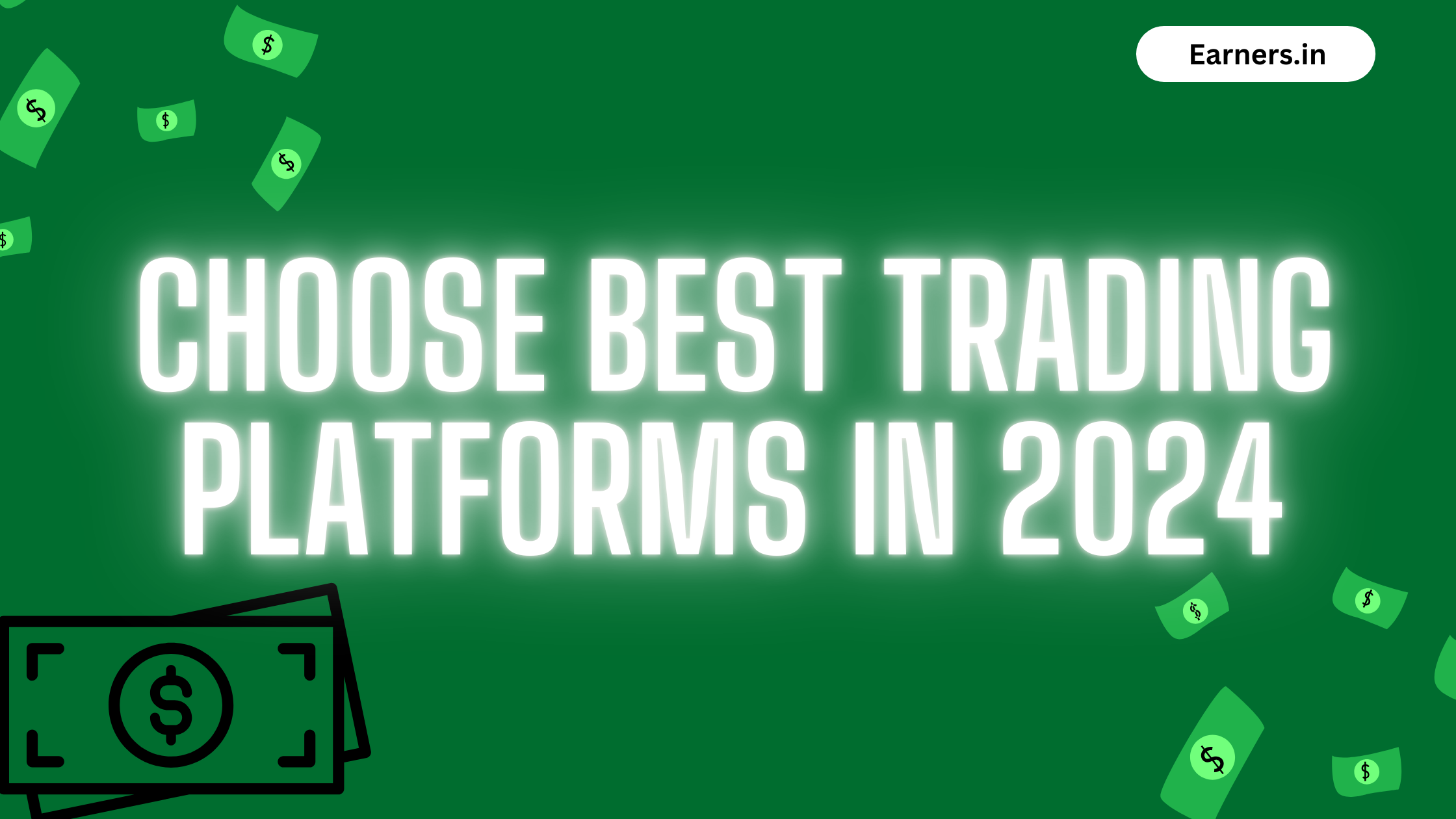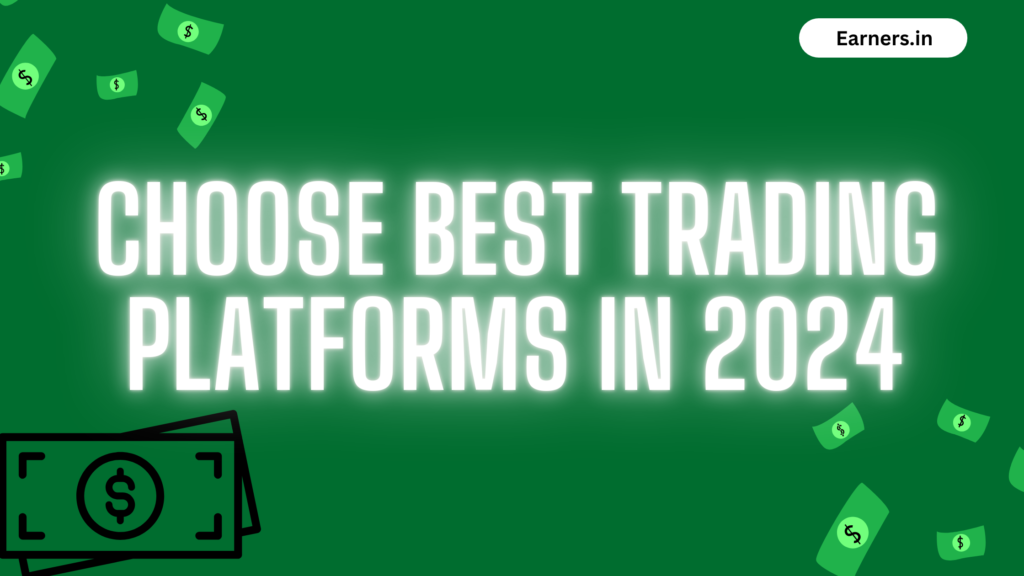Introduction
When diving into the world of trading, the first step is often the hardest: selecting the right trading platform. With advancements in technology and changing market dynamics, the landscape of trading platforms is more competitive than ever. In 2024, it’s vital to stay informed about the best options available, so you can make informed decisions that align with your financial goals.
What to Look for in a Trading Platform
Before we dive into the specific platforms, let’s discuss the essential features you should consider when choosing a trading platform:
- User-Friendly Interface: A clean and intuitive design can make a significant difference, especially for beginners.
- Security Features: Ensure the platform has robust security measures to protect your personal and financial information.
- Variety of Assets: Look for platforms that offer a wide range of trading options, including stocks, ETFs, options, and cryptocurrencies.
- Fee Structure: Understand the fee system. Some platforms charge commissions, while others offer commission-free trading.
- Educational Resources: Platforms that provide tutorials, articles, and market analysis can help improve your trading skills.
Top Trading Platforms of 2024
1.Robinhood
Overview and Features
Robinhood has made a name for itself by offering commission-free trading and a user-friendly mobile app. It’s perfect for those just starting out and looking to trade stocks and ETFs without incurring fees.
Pros and Cons
Pros: Easy to use, commission-free trades, and a straightforward sign-up process.
Cons: Limited research tools and no retirement accounts.
2. E*TRADE
Overview and Features
E*TRADE offers a comprehensive trading experience with advanced tools and educational resources, making it suitable for both beginners and experienced traders.
Pros and Cons
Pros: Extensive research and analysis tools, multiple trading platforms.
Cons: Higher fees for broker-assisted trades.
3. TD Ameritrade
Overview and Features
TD Ameritrade is well-regarded for its trading platform, thinkorswim, which provides advanced charting and analysis tools, making it ideal for active traders.
Pros and Cons
Pros: Robust trading tools, excellent customer service.
Cons: Can be overwhelming for beginners due to the complexity of tools.
4. Webull
Overview and Features
Webull is another commission-free platform that offers advanced trading tools, including real-time market data and customizable charts.
Pros and Cons
Pros: Powerful trading tools and zero commissions.
Cons: Limited educational resources for new traders.
5. Fidelity Investments
Overview and Features
Fidelity offers a well-rounded trading platform with extensive research and analysis tools, as well as a wide range of investment options.
Pros and Cons
Pros: Strong research capabilities and no commissions on trades.
Cons: Some features may be complex for beginners.
Emerging Platforms to Watch
While the established platforms have their strengths, several emerging options are making waves in 2024:
1. SoFi Invest
SoFi Invest is an all-in-one platform that offers both active and automated investing options, catering to those who want a hands-off approach.
2. Moomoo
Moomoo provides commission-free trading and advanced trading tools, appealing to tech-savvy traders looking for flexibility.
3. TradeStation
TradeStation is designed for serious traders with its powerful tools and analytics, making it a go-to for those focused on day trading.
How to Choose the Best Trading Platform for You
Choosing the right platform ultimately depends on your trading style and goals. Consider these factors:
- Assess Your Trading Style: Are you a day trader, swing trader, or long-term investor? Different platforms cater to different needs.
- Consider Your Investment Goals: Think about what you want to achieve. Are you looking for growth, income, or diversification?
- Test the Platform with Demo Accounts: Many platforms offer demo accounts, allowing you to explore features without risking real money.
Conclusion
Choosing the best trading platform in 2024 comes down to your individual needs and trading style. Whether you prioritize ease of use, advanced tools, or educational resources, there’s a platform out there for you. By considering the options and features highlighted in this guide, you’ll be well on your way to making informed trading decisions.
FAQs
What is the best trading platform for beginners?
Robinhood is often recommended for beginners due to its user-friendly interface and commission-free trading.
Are trading platforms safe?
Most reputable platforms have robust security measures, but it’s crucial to do your research and choose one with a strong reputation.
Can I trade cryptocurrency on these platforms?
Yes, many of the platforms listed offer cryptocurrency trading, but it’s essential to check their specific offerings.
What fees should I be aware of?
Look for platforms with transparent fee structures. Watch out for commission fees, withdrawal fees, and account maintenance fees.
How can I switch trading platforms easily?
To switch platforms, you typically need to open a new account, transfer assets, and close your old account. Be sure to check for any transfer fees.
If you have Questions Contact Us
Time is short Learn Micro Earnings


Leave a Reply